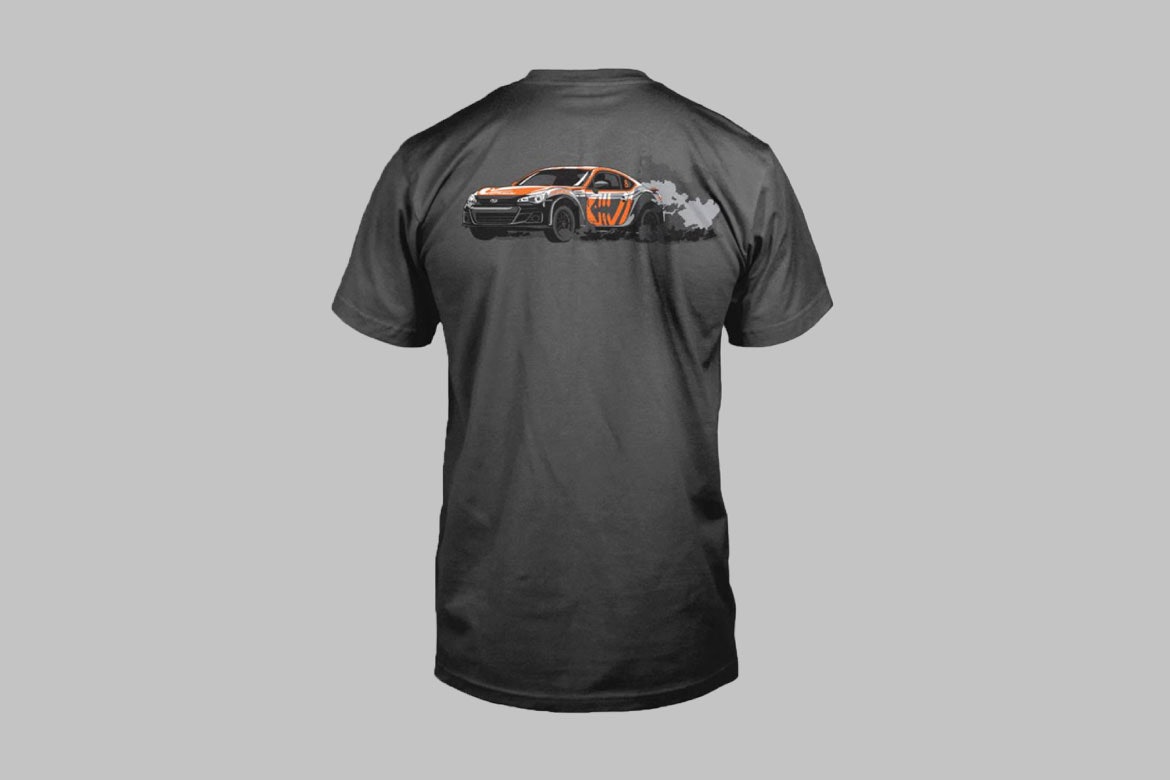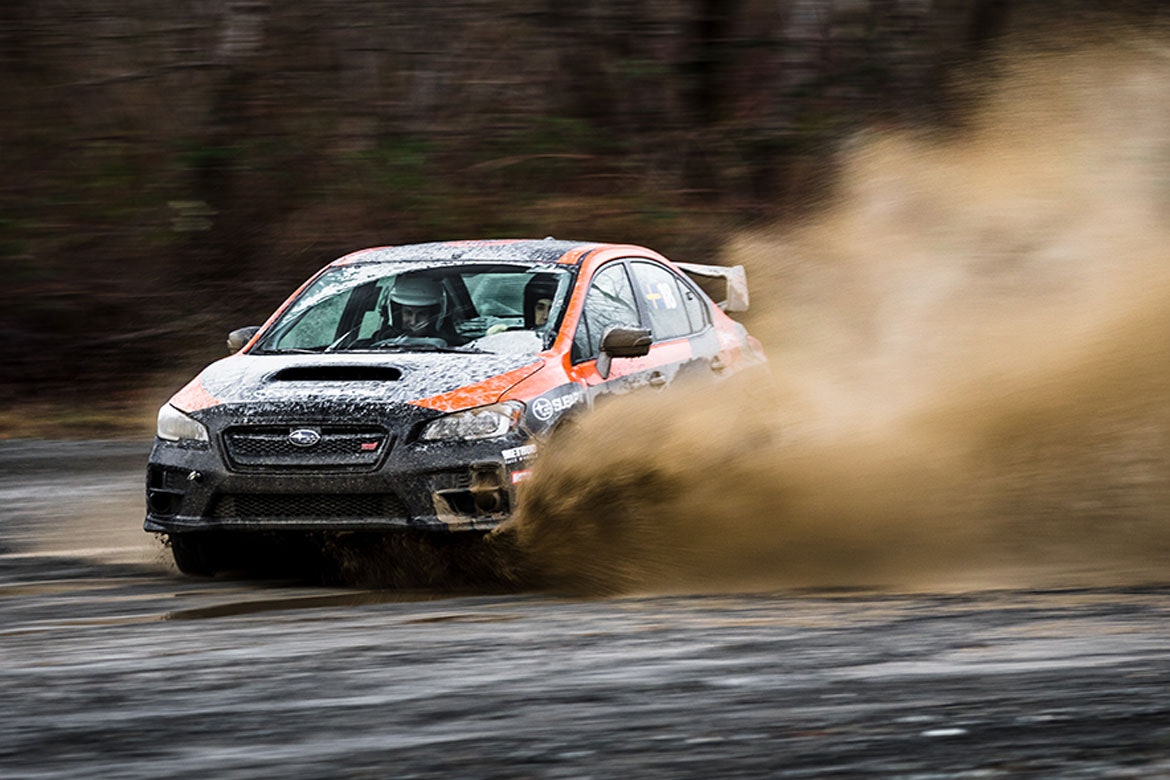Toyota’s Dakar team principal Glyn Hall says the brand and tire supplier BF Goodrich were willing to stop their off-road program had measures to reduce punctures not been implemented by the ASO.
The Dakar organizer unveiled a number of changes to the technical regulations during the official presentation of the 2022 route, which focused on alleviating some of the issues faced by 4×4 vehicles in recent editions.
A revamped T1+ category means that 4x4s, which the South Africa-based version of Toyota Gazoo Racing run, will now benefit from a wider chassis (increased to 2m30cm), wider tires (from 28-inches to 37-inches) as well as increased suspension travel to 350mm.
The regulation update has come at the right time for Hall, who revealed that neither Toyota nor BF Goodrich – a subsidiary of Michelin – could commit to the Dakar unless change was seen.
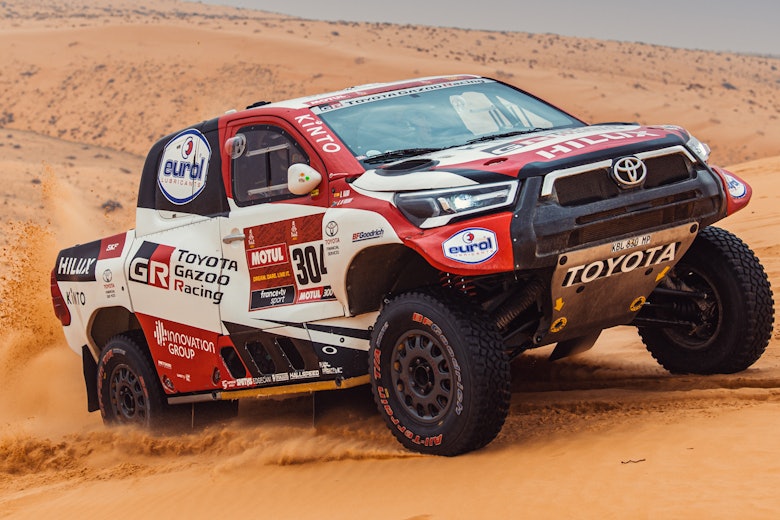
“I was told by Toyota at the time, ‘if we cannot resolve the puncture problem, we cannot go back to Dakar and spend all that money’,” Hall told DirtFish.
“And you can’t blame them, we had to do something. We had over 100 punctures in the last two years across four cars.
“They couldn’t do that again, and to be fair, BF Goodrich also didn’t want to be associated with the image of their tires being destroyed regularly either, so they were not happy to continue unless a solution was found.”
Toyota recently conducted an extensive test in Namibia with its upgraded GR DKR Hilux, with Hall pleasantly surprised at how smooth the early running had been.
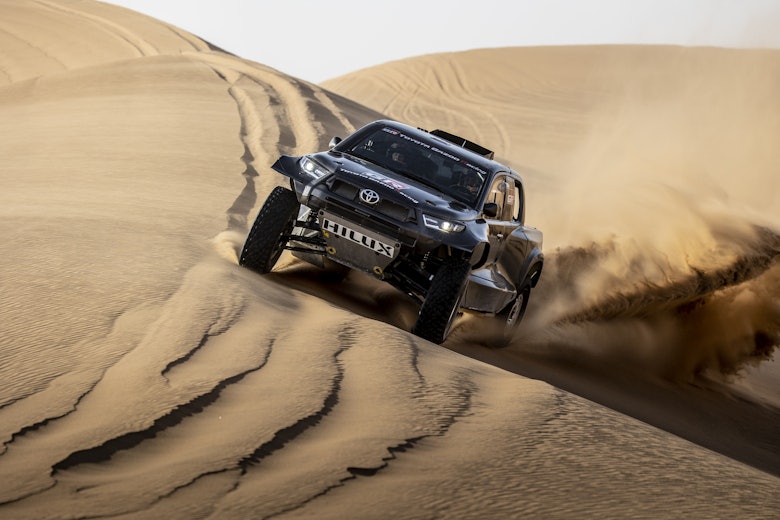
“Unfortunately, when it comes to testing, I’m a bit of a pessimist, so I was expecting trouble,” said Hall.
“I mean, you can test all you want, but once you’re under the jurisdiction of the racing gods above, you just never know.
“We did around 800km [497 miles] [with just the chassis and no body] and then we got into some serious testing after the wheels arrived and we did another 600km [372 miles] there and have experienced zero problems,” Hall explained.
Unlike rival Audi, Toyota has elected to use competition as its testing ground ahead of January’s Dakar Rally in Saudi Arabia.
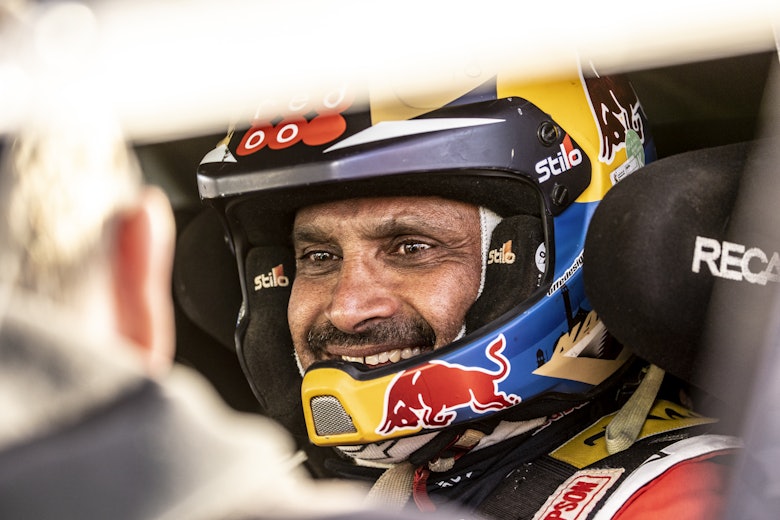
Giniel de Villiers – who won the Dakar for Volkswagen in 2009 – is leading the ongoing development of the new Hilux in the South African Cross-Country championship, finishing as the top T1 entry in the Megaworld 400 in Nampo, albeit not eligible to score points.
De Villiers is another to have suffered badly with punctures on the 2021 edition of the Dakar and believes the rule change will bring Toyota back into the mix for victory in January.
“We really didn’t have things all our own way over there [Saudi Arabia], we had so many punctures last year and the year before, it really put us out of contention,” de Villiers said.
“This year, we are full of hope, we have the same tires that the buggy guys have got and, up till now, I have had one puncture in 3000km [1864 miles]. That puts you in the race. With the new car feeling nice, and the bigger suspension travel, hopefully we can put up a good fight.”




